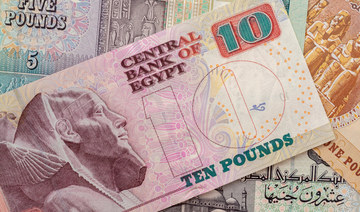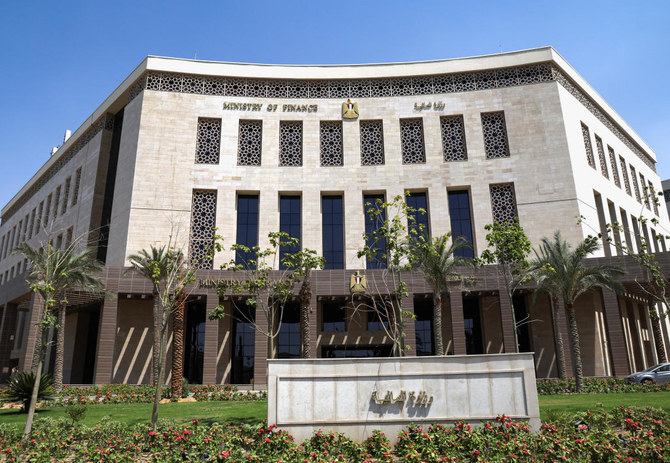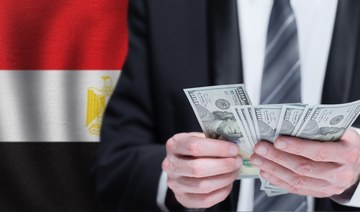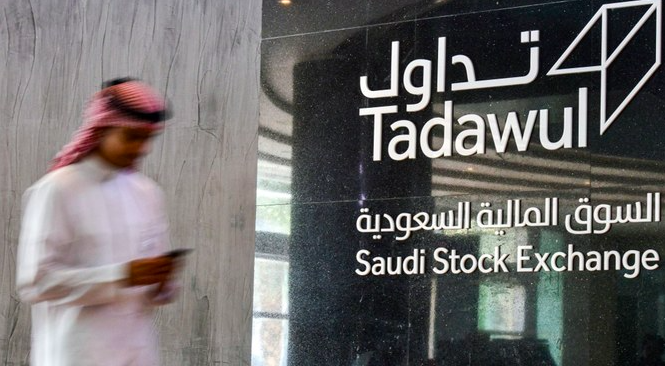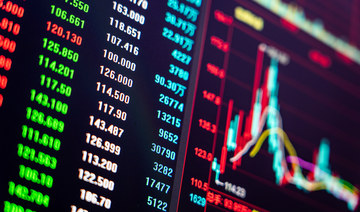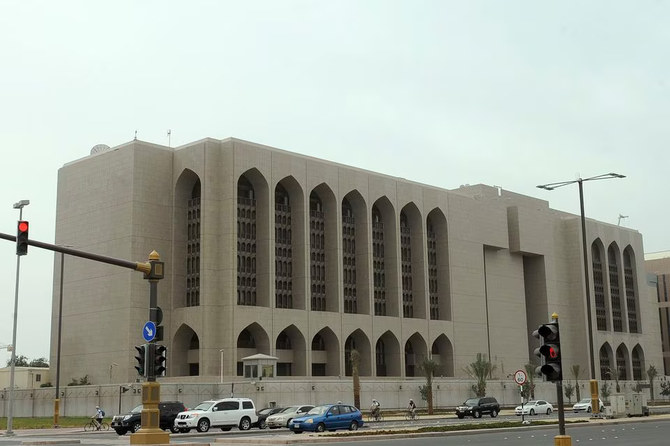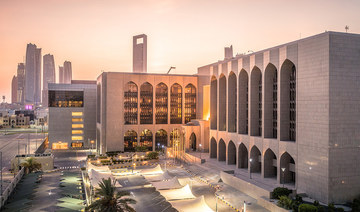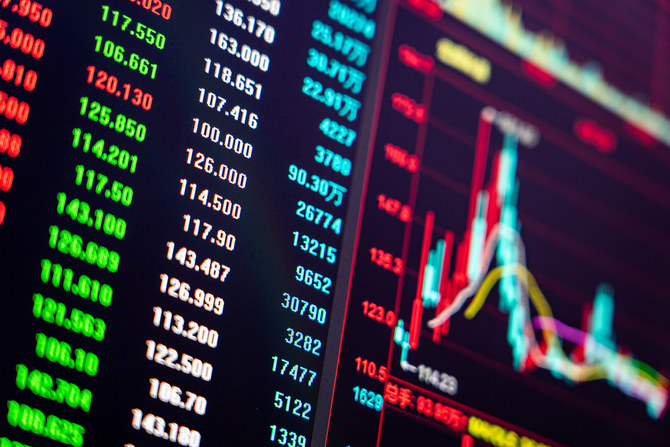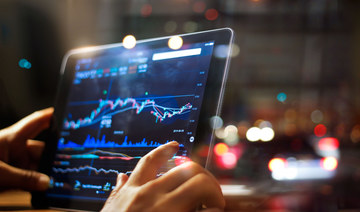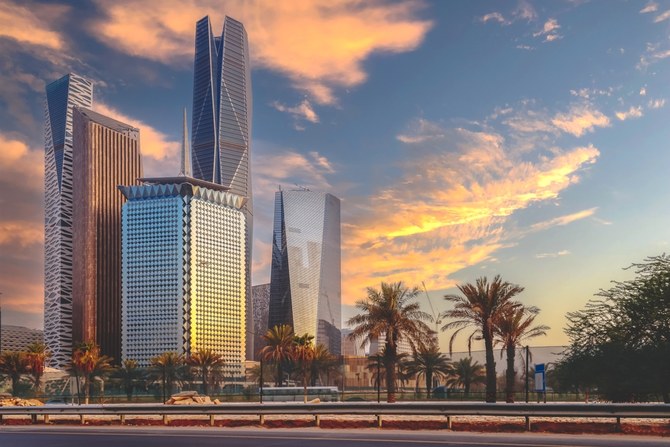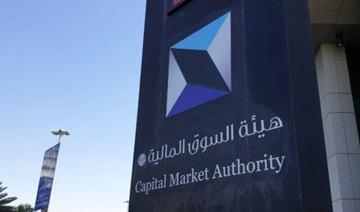PARIS: The head of the World Bank said Thursday that the lender planned to introduce a “pause” mechanism for debtor countries in the event of them being hit by a crisis.
Ajay Banga told a summit on financing the fight against climate change that the multilateral lender would adopt a new approach that “significantly expands the World Bank’s toolkit.”
The most important measure would be offering “a pause on debt repayments so countries can focus on what matters when a crisis hits and stop worrying about the bill that is going come,” he added.
The idea has been promoted by the prime minister of Barbados, Mia Mottley, who has become a leading champion for low-income countries as well as fellow low-lying island nations.
She has sought to highlight how heavily indebted developing countries are unable to respond to natural disasters, as well as international crises such as the Covid-19 pandemic or inflation sparked by Russia’s war against Ukraine.
Caribbean islands like hers are increasingly vulnerable to tropical storms which can devastate homes and property, as well as livelihoods linked to the vital tourism industry.
The World Bank, the sister organization of the International Monetary Fund, is a top public lender for countries to finance their infrastructure and other project.
The two-day Summit for a New Global Financing Pact in Paris has seen calls for major reform of the nearly 80-year-old institutions, with French President Emmanuel Macron calling them “not completely suited” to tackle current challenges.
United Nations Secretary General Antonio Guterres said: “It is clear that the international financial architecture has failed in its mission to provide a global safety net for developing countries.”
World Bank to offer repayment ‘pause’ to crisis-hit nations
https://arab.news/zmv4g
World Bank to offer repayment ‘pause’ to crisis-hit nations
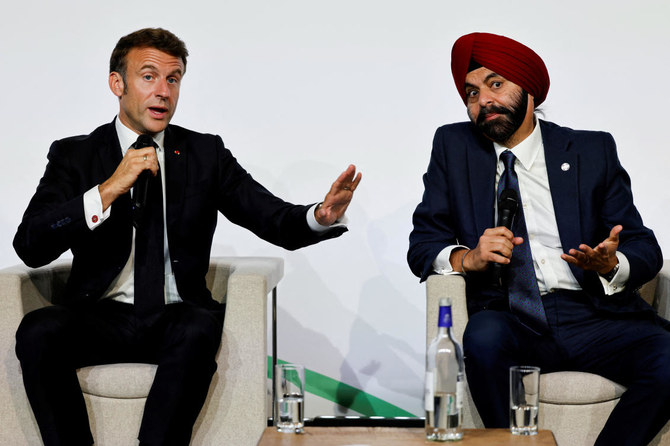
- New Global Financing Pact in Paris has seen calls for major reform of the nearly 80-year-old institutions



